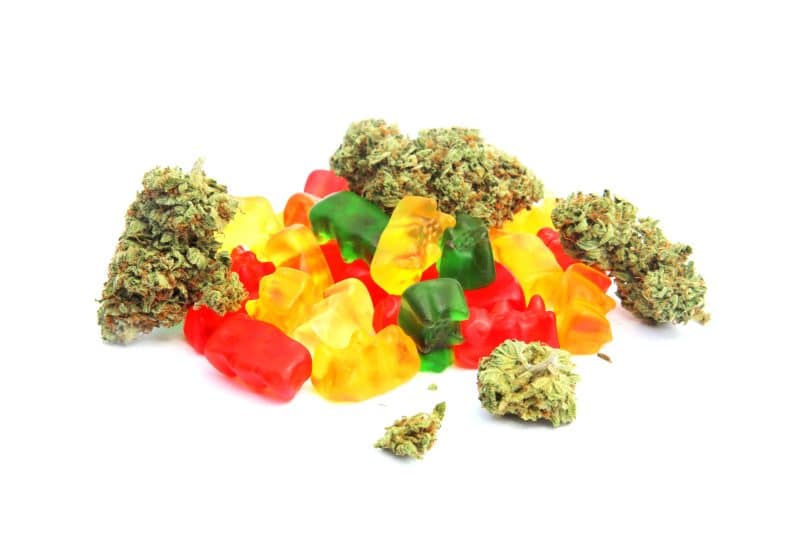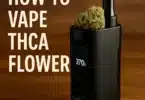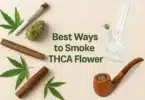Minnesota is interesting because it’s a legal state, that’s not technically a legal state. Or rather, maybe it’s an illegal state, which is technically a legal state. No matter which way you look at it, it’s a state that allows THC sales, and which is, even without opening a full market, experiencing one of the biggest problems in the cannabis industry; the realities of regulating weed.
A little about Minnesota and weed
Minnesota didn’t have a ballot measure, or pass a full cannabis bill. But on May 22nd of 2022, despite still holding cannabis as illegal for recreational use, the state pulled an about-face, and legalized hemp-derived THC for use in edibles. If you’re wondering what the difference is between ‘hemp-derived’ THC and regular THC, nothing in terms of chemical structure, which means it’s the same THC high either way.
Hemp-derived means the THC is extracted from low-THC plants. Legally, the term ‘hemp’ is used for plants with not more than .3% THC, and the term ‘marijuana’ is used for plants with more than .3% THC. Legalizing the THC from one plant is essentially no different from legalizing it from the other, but politics almost never make sense, and this is just another example.
According to the law, edible products can legally contain up to 5mg of THC per edible, and 50mg per package of edibles. There is no maximum for the amount of edibles that can be bought, though, so a user can simply take several servings to get the THC dose they desire. Which is the same for every legal state as well.
Thanks for stopping by. Subscribe to our Cannadelics Weekly Newsletter for all updates; and for awesome deals on cannabis flowers, vapes, edibles, smoking devices and other equipment, cannabinoid compounds (like delta-8), and tons more. Please…everyone get stoned, and do it responsibly!
How and why did Minnesota do this? The allowance for hemp-derived THC in edibles came as part of a broader hemp reform bill. As part of this bill, CBD products are also officially legalized for use in food and beverages, something that has continuously been fought over federally, as the Farm Bill technically makes no allowance for this. In order to tie up loose ends that Minnesota saw as either inconsistencies in or with federal mandate, it clarified these points in its own state legislation.
Minnesota and the realities of regulating weed
The bill went into effect on August 1st of this year, which means we’ve now had some time to see how this sort of a set up works out. For over four months, the people of Minnesota have had legal access to THC edibles, and producers have had a market to produce for. What has it all led to? The common and, at this point, foreseeable outcome, that the legal market is hard to regulate.
With less than five months of sales time, the state of Minnesota has already started the process of suing multiple companies for operating outside of regulation. According to the state, multiple stores are selling edibles with more than the authorized amount of THC, with some selling products up to as much as 50X the allowed amount.
This is something seen in every legal state too, where illegal dispensaries often outnumber legal dispensaries. One great way to tell you’re not in a legal dispensary? If it sells edibles with more than the state-allowed amount of THC, which is usually 10 mg. Same concept here, just with the allowed maximum at 5mg.
The Minnesota Board of Pharmacy is the body putting forth the lawsuits. According to it, some of the companies in question were selling edible items with as much as 2,500 mg of THC per package, which is obviously well above the legal limit. Among the contraband found by the government, were delta-8 products that it had already had an issue with before.
According to the lawsuit, via Minnesota Public Radio, Northland Vapor company owner Brett Erpelding didn’t deny the allegations of selling illegal products. According to the lawsuit, Erpelding, “acknowledged to investigators that they sold products that were not in compliance with Minnesota law but maintained the products were not sold in Minnesota.”
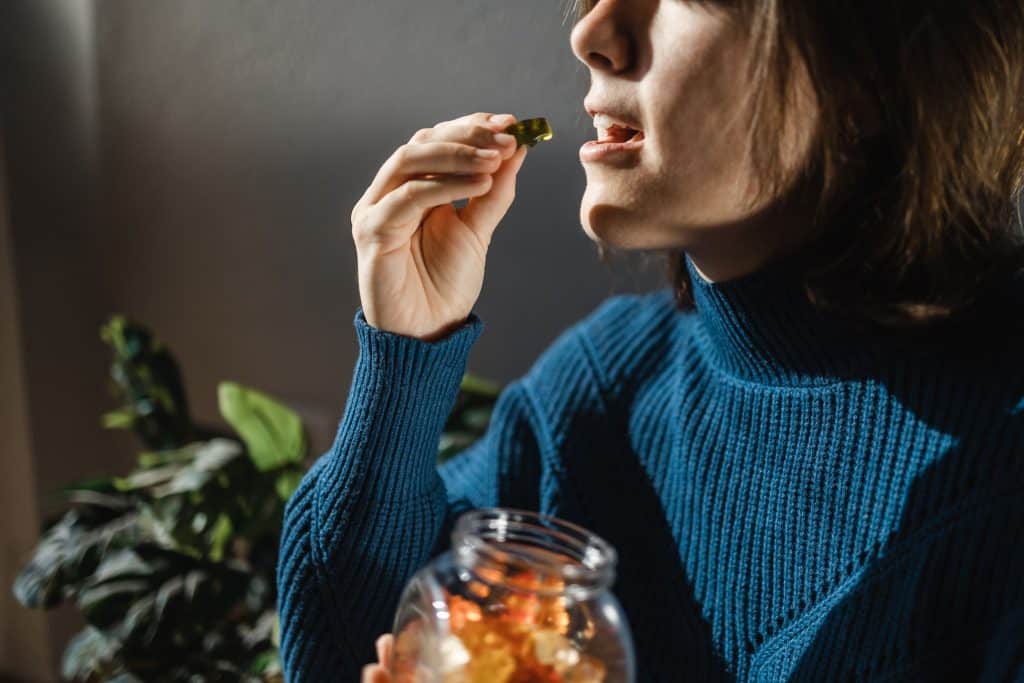
Apparently, this isn’t Erpelding’s first run in of this kind, and it looks like the guy was already on the government’s radar. “The pharmacy board, in conjunction with the U.S. Food and Drug Administration, has been investigating Erpelding’s companies after the FDA was notified in October that a healthy 23-year-old in West Virginia died shortly after consuming 10 Death by Gummy Bears brand items. The cause of death in the case was listed as undetermined,”
Undetermined means that the death was not attributed directly to the product, because if it was, that would’ve been the cause of death. Regardless, that incident looks to be the basis for going after Erpelding now. And this over one death which wasn’t deemed related, and which hardly stands next to the 678 opioid overdose deaths Minnesota experienced from 2020 alone, the majority of which came from doctor-prescribed, pharmaceutically-made, and government-approved medications. Just for some common sense comparison.
Even so, this is the current situation. However, let’s be honest, if the few stores gone after were not following regulation, there are tons more that aren’t as well. Competition with the black market has always been an issue for the legal cannabis market, and the idea that less than a half year into the industry, this has already been found, means we can fully expect more. Possibly more than for legal sales. And that, in the end, is what the government is really going after. Illegal sales that it can’t make money from.
Regulation in the cannabis industry
Some of the biggest issues in the cannabis industry are the realities of regulation. When too strict regulation exists, it makes it harder for legal operators. Everything, from which plant is used, to where the production facility can exist, to how the production facility is laid out, are all heavily regulated in every legal state. Though having regulation in a consumer products industry is good when done correctly, applying tons of nonsensical regulation just creates more problems. Consider that we put food in us every day that undergoes less harsh regulation than this industry does.
Even taxes are a part of that regulation, and we already know how much of a negative impact high taxes have had. Oregon is reporting massive losses, California had to actually lower taxes because of how much damage they were doing to operators, and overproduction means that prices should be as low as possible, which high taxes can’t allow for.
Maybe the original idea was simply to have lots of control of this new cannabis world. And maybe initially the intense regulation was what helped those unhappy with these legalizations, to deal with them. But it’s now 10 years into the establishment of the legal markets, and governments still seem to misunderstand what they’re dealing with. And why it matters to consider the realities of regulation, not just the desire to make money.
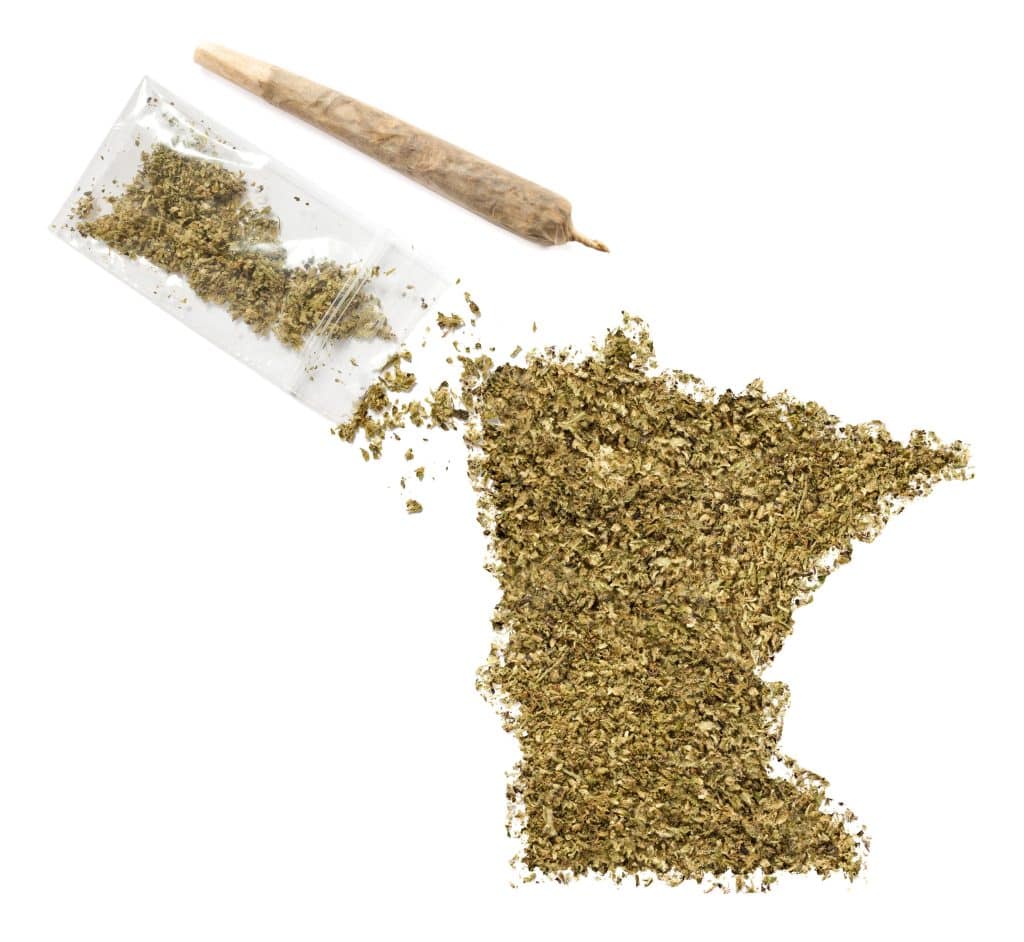
In the case of Minnesota, and its law allowing THC edibles, there’s a lot of controversy. From the get-go the law was called out for being too permissive, and not coming with enough specifics. And yet we see, that even with less than desired laws for regulating weed, it already looks like its going to be impossible for the government to keep a handle on it.
On the other hand, one could point to the lack of issues in the situation, and wonder why every location is regulating weed so rigidly. The only even remotely relevant death, was never considered related to the cannabis product. And black market sales of this kind have gone on for quite some time; they were what helped push this law through. If anything, what we can see, is how little issue there really is.
When it comes to cannabis, the biggest hurdle for legal markets is to divert from the already existent black market. And yet the realities of regulation make this very hard to do. Minnesota stands as a great example.
Conclusion
The realities of regulating weed are one of the main problems in the cannabis industry. By being too restrictive, and saddling the industry with so many laws that don’t seem necessary, the legal market is constantly being outdone by the black market. Minnesota shows just how quickly this happens.
Welcome everyone! Thanks for making your way to Cannadelics.com; where we work hard to bring you the best stories from the cannabis and psychedelics fields of today. Chill with us whenever possible to keep in-the-loop, and sign up for the Cannadelics Weekly Newsletter, to ensure you’re always up on the latest news.

